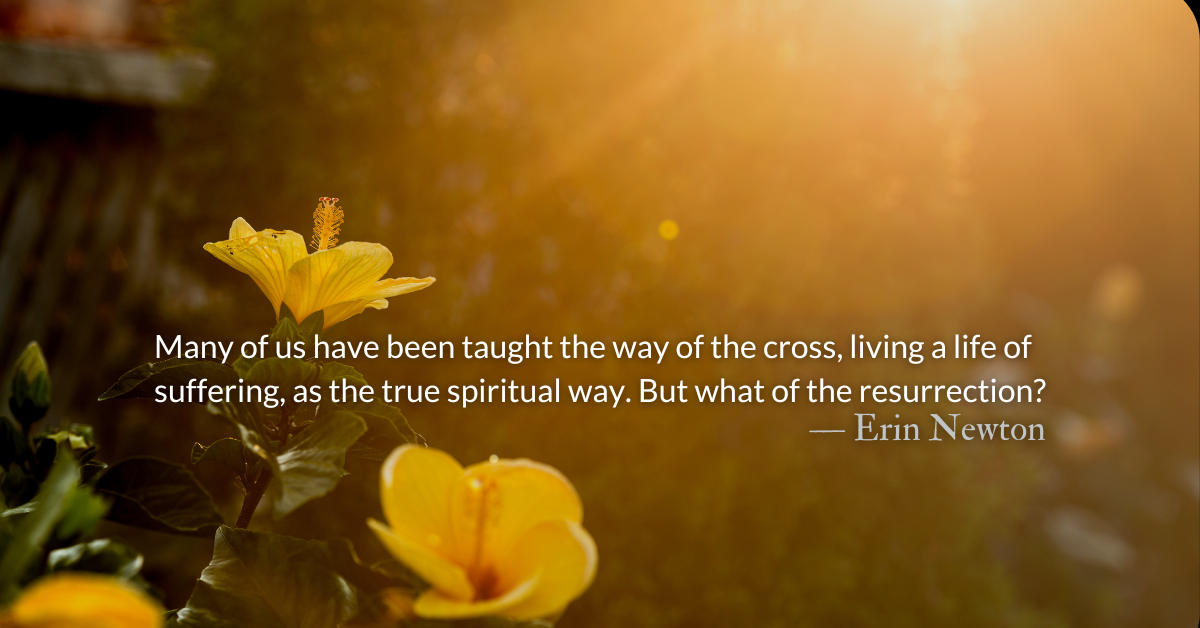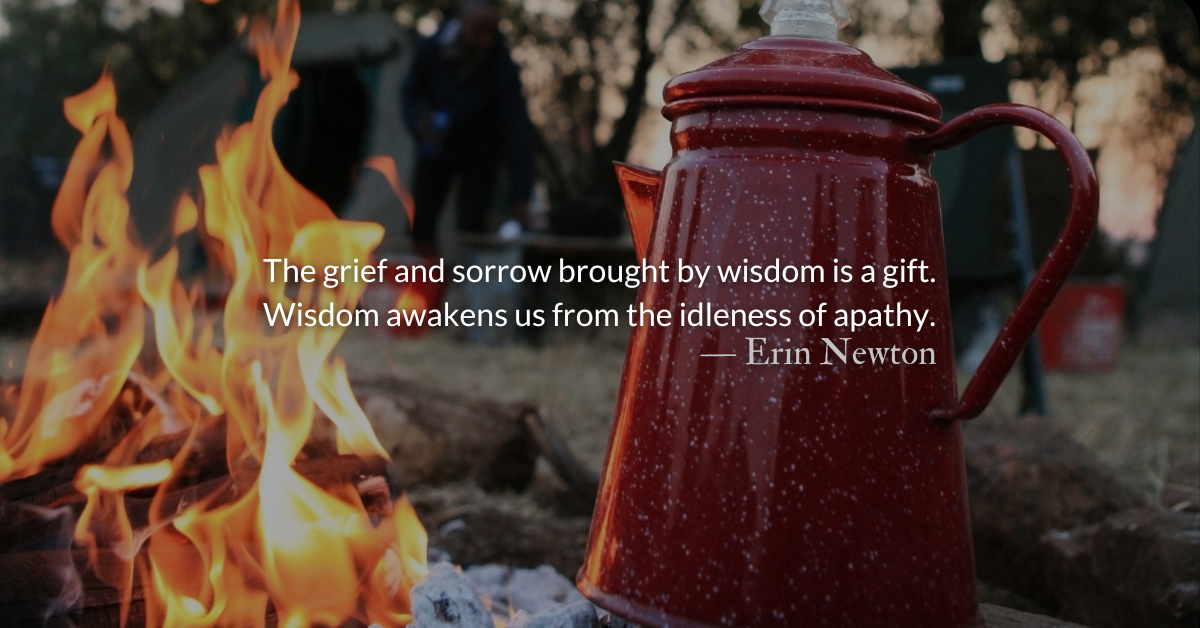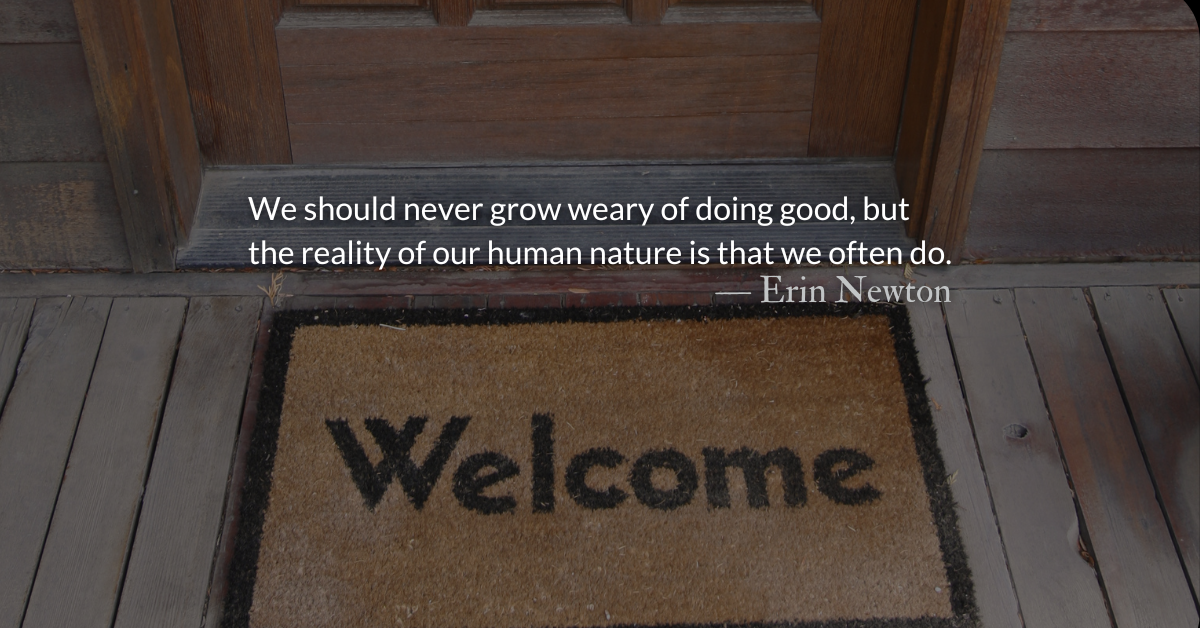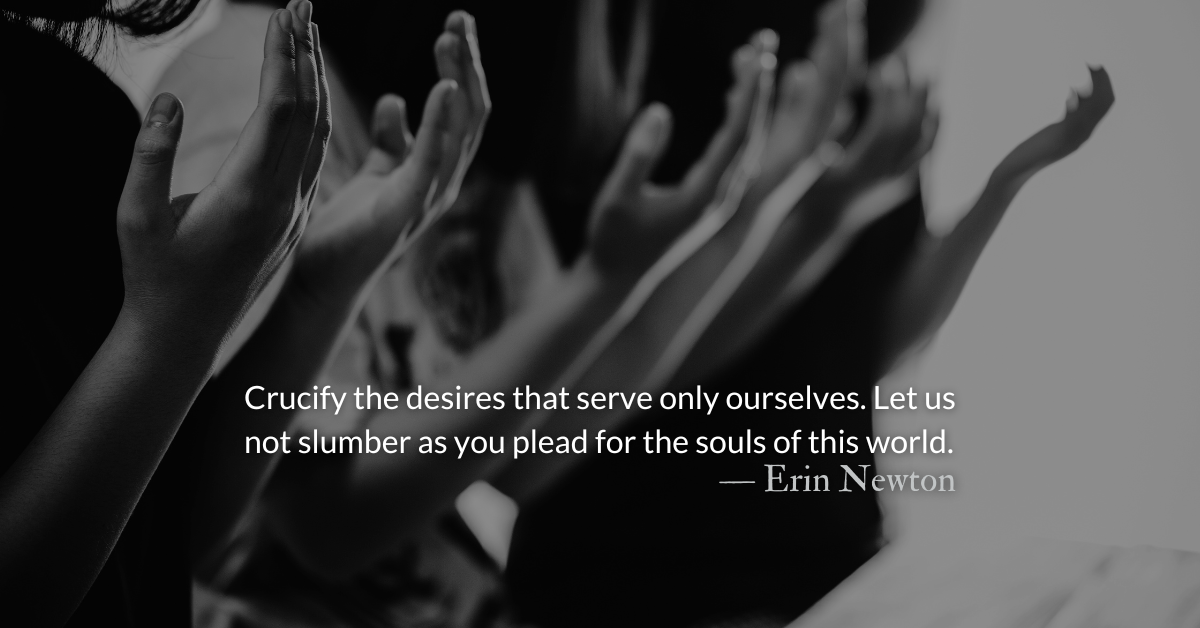Scripture Focus: Ecclesiastes 8:10, 14-15
10 Then I saw the wicked buried. They used to go in and out of the holy place and were praised in the city where they had done such things. This also is vanity.
14 There is something else meaningless that occurs on earth: the righteous who get what the wicked deserve, and the wicked who get what the righteous deserve. This too, I say, is meaningless. 15 So I commend the enjoyment of life, because there is nothing better for a person under the sun than to eat and drink and be glad.
Reflection: Joy Despite It All
By Erin Newton
When evil takes its final breath, we would rather bury it beneath the earth in an unmarked grave. No splendor. No memory should be afforded those who cause the suffering of others.
But that isn’t how it always goes.
There are grand ceremonies for people who have orchestrated atrocities. It doesn’t matter if the person was good; if they were popular, admirers flock to the funeral singing their praises. Leaders like Lenin and Stalin drew thousands of mourners who enshrined their bodies in continued reverence.
We cling to the hope that justice will be served—in this lifetime. We desire for all wrongs to be made right. Watching an evil person be celebrated is, as the writer of Ecclesiastes says, meaningless. It is absurd and confusing. It goes against all that we believe to be right and true.
I am glad these verses are in the Bible. It helps to ground me in the reality of our world. As we sing psalms that herald God’s justice and the inevitable judgment that will befall the wicked, sometimes we see nothing happen. A wicked person may live to be a hundred, while children perish at too young an age. Abusive men and women will live to see their hair turn gray and their eyes dim, while charitable and loving believers will watch their youthful bodies succumb to the ravages of cancer.
When we see this topsy-turvy injustice happen, we try to preach to our hearts that God will vindicate everything eventually. It is true, thank goodness for that. But what do we do now? How do we wake up each day knowing things will not go fairly?
Sometimes I read Ecclesiastes with pursed lips and an oft said “tsk, tsk” in judgment over what reads like instructions for a “you only live once” lifestyle. Eat! Drink! Be Merry! Enjoy your spouse! Get a hobby! (Perhaps a little Ralph Waldo Emerson— “Live in the sunshine, swim the sea, drink the wild air’s salubrity.”)
Is this silly, unspiritual advice? Many of us have been taught the way of the cross, living a life of suffering, as the true spiritual way. But what of the resurrection? What of the re-creation that brings joy despite injustice?
Life is unfair, but we do not cease to try and love this life. He came to give us abundant life—here in joy and forever in his presence.
Divine Hours Prayer: A Reading
He said to his disciples, “Causes of falling are sure to come, but alas for the one through whom they occur! It would be better for him to be thrown into the sea with a millstone round the neck than to be the downfall of a single one of these little ones. Keep watch on yourselves!” — Luke 17.1-3
– From The Divine Hours: Prayers for Summertime by Phyllis Tickle.
Today’s Readings
Ecclesiastes 8 (Listen 2:41)
Psalm 60-61 (Listen 2:27)
Read more about Supporting Our Work
Our work relies on the generosity of donors like you. No donation is too small to support ad-free biblical devotional content.
Read The Bible With Us
Our Bible reading plan follows a sustainable, two-year pace. Take your time in God’s word and walk through the word with time for reflection.











